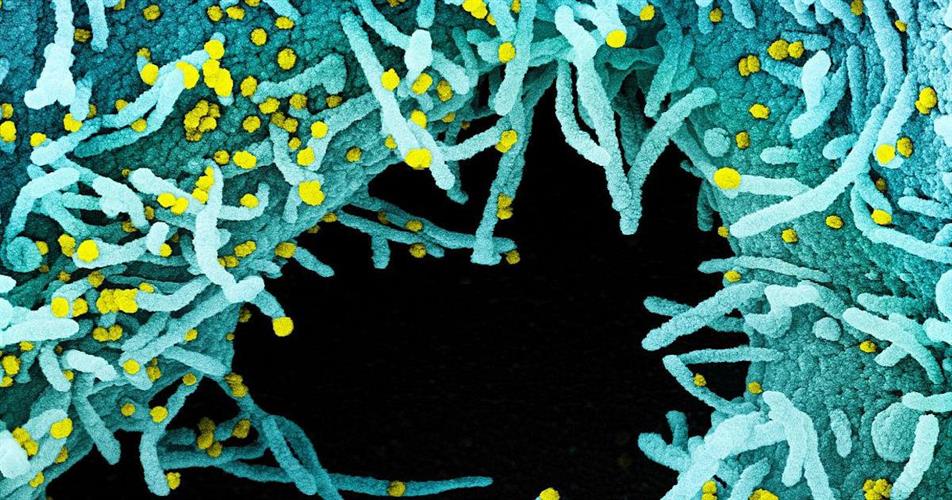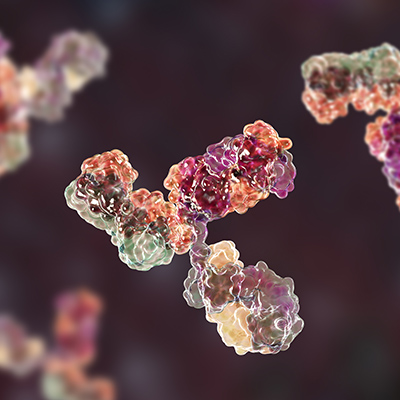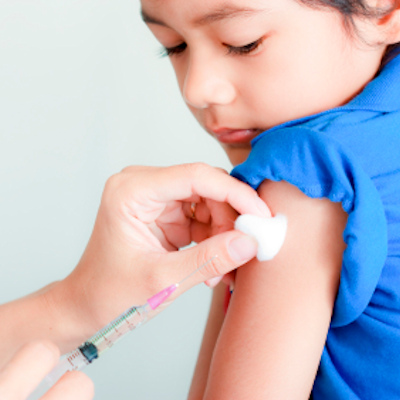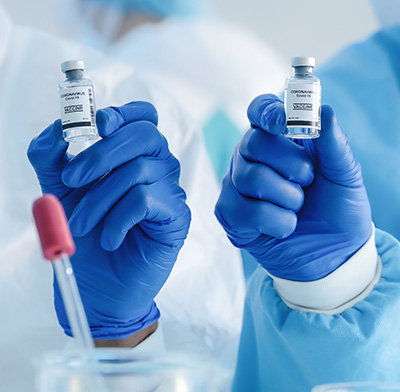July 15, 2020 -- Moderna is reporting positive results with a COVID-19 vaccine candidate it is developing. The candidate, messenger RNA (mRNA)-1273, was safe and triggered immune responses in healthy adults, according to new results published July 14 in the New England Journal of Medicine.
Moderna's ongoing phase I trial for the vaccine, which is supported by the U.S. National Institutes of Health's National Institute of Allergy and Infectious Diseases (NIAID), prompted neutralizing antibody activity in humans, according to the published results.
The vaccine, which was co-developed by the institute and Moderna, aims to induce neutralizing antibodies directed at a portion of the coronavirus spike protein, which the virus uses to bind to and enter human cells.

The trial, which began March 16, included 45 participants between the ages of 18 and 55. Three groups of 15 participants received two intramuscular injections, 28 days apart, of either 25, 100, or 250 mcg of the investigational vaccine. Only 42 participants received both scheduled injections, according to the initial findings.
The interim analysis includes results of tests measuring levels of vaccine-induced neutralizing activity through day 43 after patients received second injections. Two doses of vaccine prompted high levels of neutralizing antibody activity that were above the average values seen in convalescent sera obtained from persons with confirmed COVID-19 disease, the investigators found.
Though no serious adverse events were reported, more than half of the participants reported fatigue, headache, chills, and pain at the injection site. Systemic adverse events were more common following the second vaccination and in those who received the highest doses of the shot. Those side effects and data will be used to plan for the next phases of clinical trials.
Phase II of the trial began enrollment in May, and a phase III efficacy trial is set to begin in July.
Copyright © 2020 scienceboard.net










